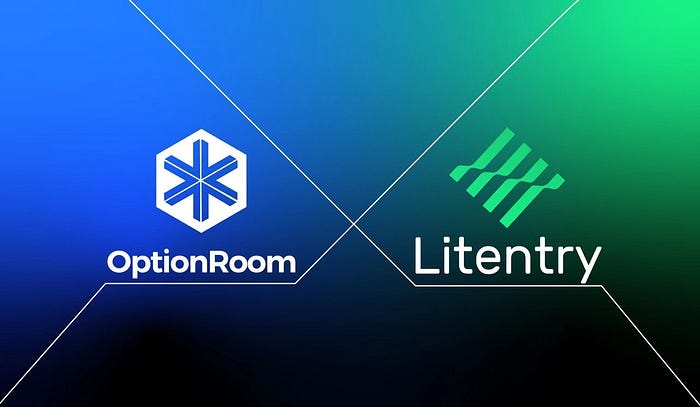OptionRoom partners with Litentry to accelerate the adoption of Aggregated DID improving the OaaS model

We are excited to announce our partnership with OptionRoom, a user governed oracle and forecast protocol built on Polkadot. This partnership will create new opportunities both for the Litentry Aggregated DID ecosystem and while enhancing the Oracle as a Service (OaaS) product of OptionRoom.
OptionRoom will link to the Litentry Aggregated Identity service to allow field experts to prove their identity thus increasing the amount of honest protocol participants. Additionally OptionRoom will aggregate governance data together with DID data to setup a trust score factor in certain fields (politics, sports, insurance) enhancing its OaaS safety and oracle request solution delivery times.
This partnership accelerates the adoption of the Litentry Aggregated Identity service and further makes the Identity Data Pools more diverse and valuable.
About OptionRoom
OptionRoom is a user governed oracle and forecast protocol built on Polkadot. OptionRoom has the ability to serve as a OaaS — Oracle as a Service where oracle requests are solved by governance. Oracle requests cost a fee and a solution incentive paid in ROOM, rewarded to request solvers. OptionRoom allows users to create and participate in event derivatives that are pegged to real world outcomes by governance consensus. Honest governance participants are rewarded with ROOM tokens while dishonest participants are punished by token slashing and authenticity score reset. Protocol fees power a buyback mechanism.
About Litentry
Litentry is a Decentralized Identity Aggregator that enables linking user identities among multiple decentralized networks. Litentry provides a trustable way for dApps to obtain real-time DID data of an identity owner across multiple blockchains and dApps. Featuring a DID indexing protocol and a Substrate built distributed DID validation blockchain, Litentry provides a decentralized, verifiable identity aggregation service that removes the redundancy of code and the hassle involved in resolving agnostic DID mechanisms. Everyone can build and submit DID methods to Litentry, making identity data easily accessible in the Web3.
